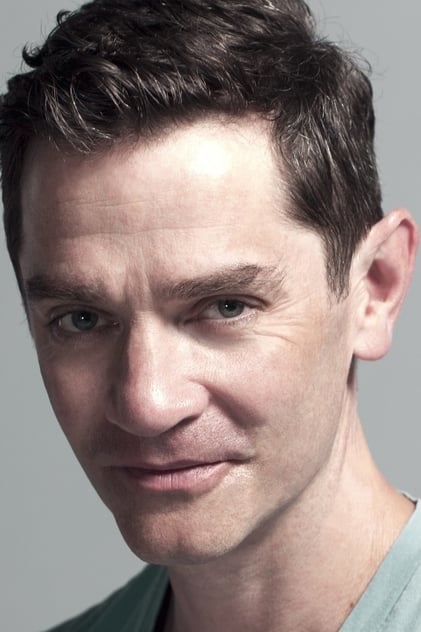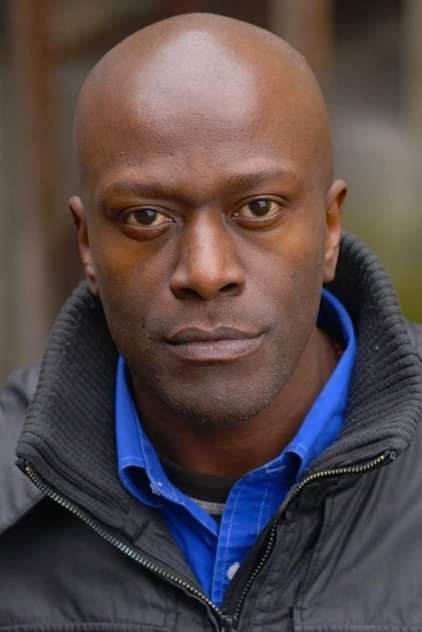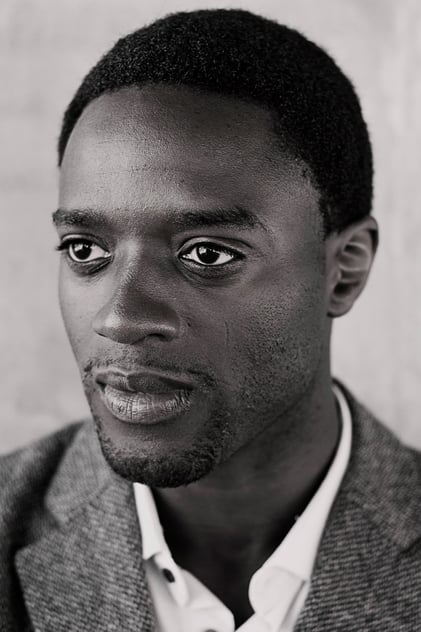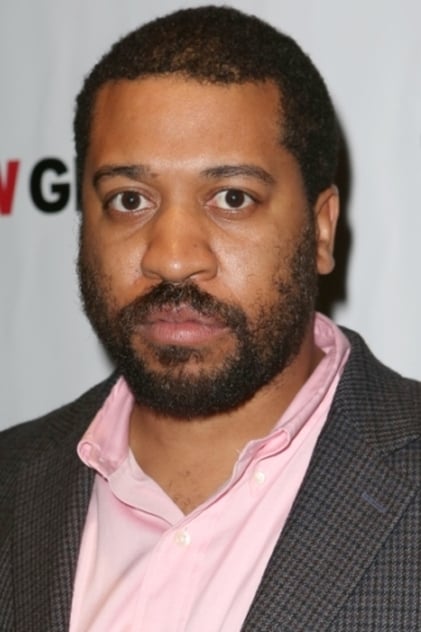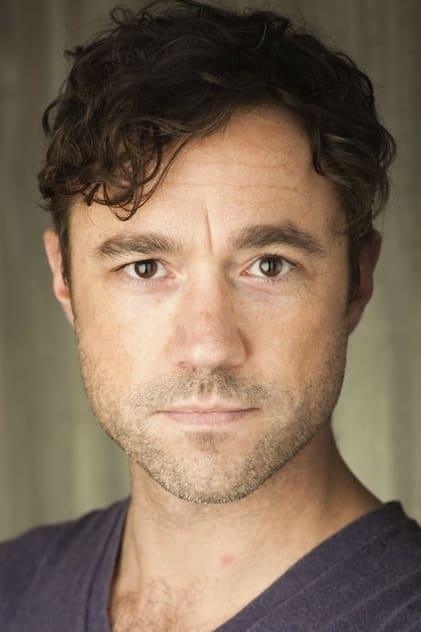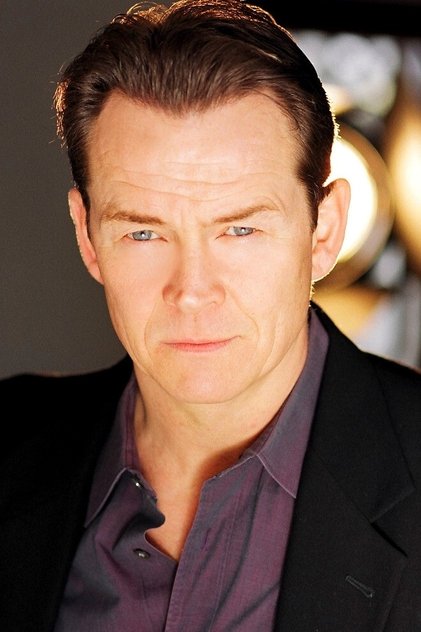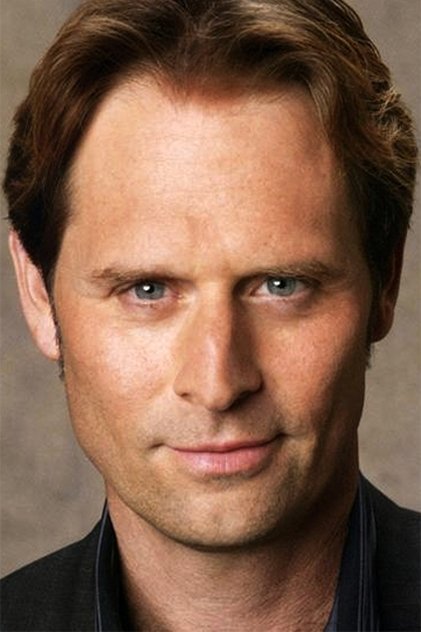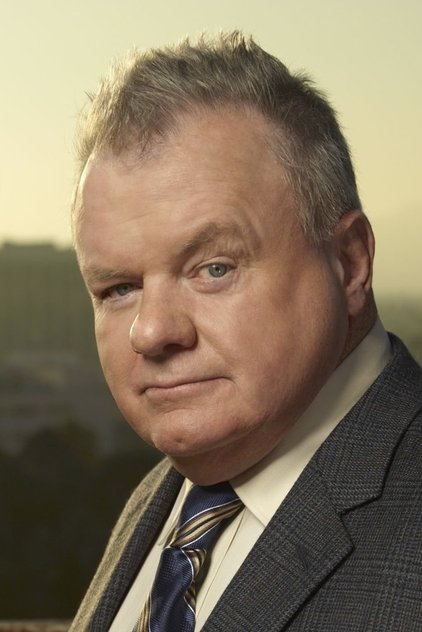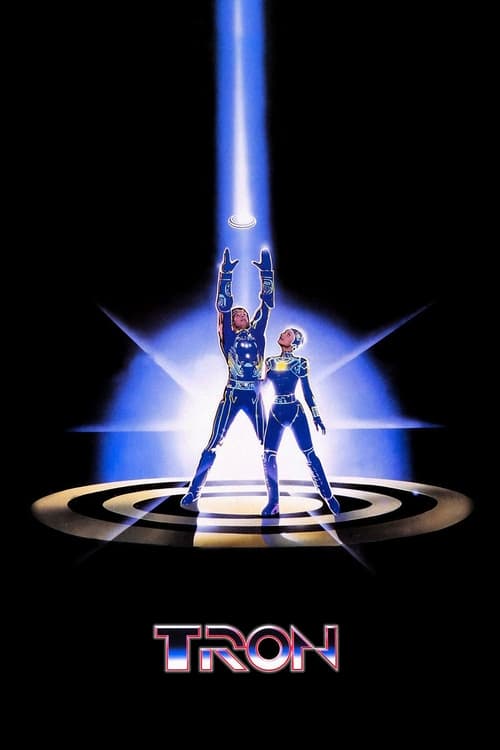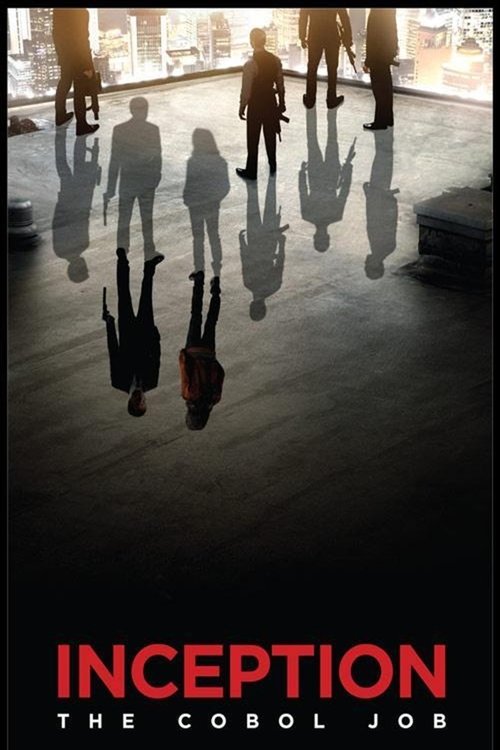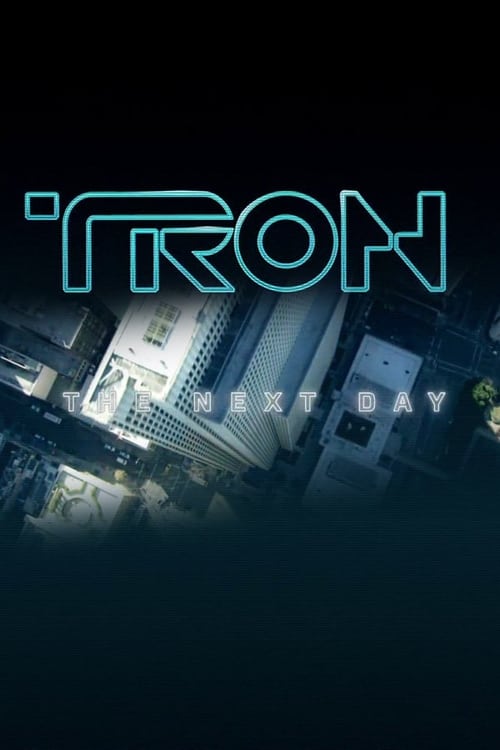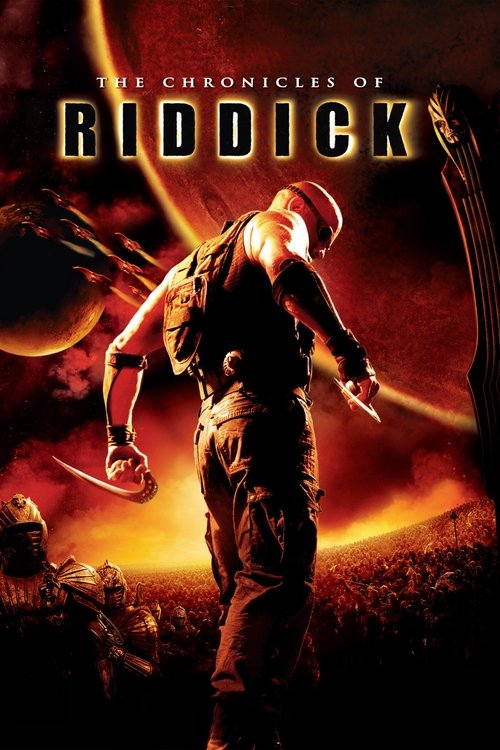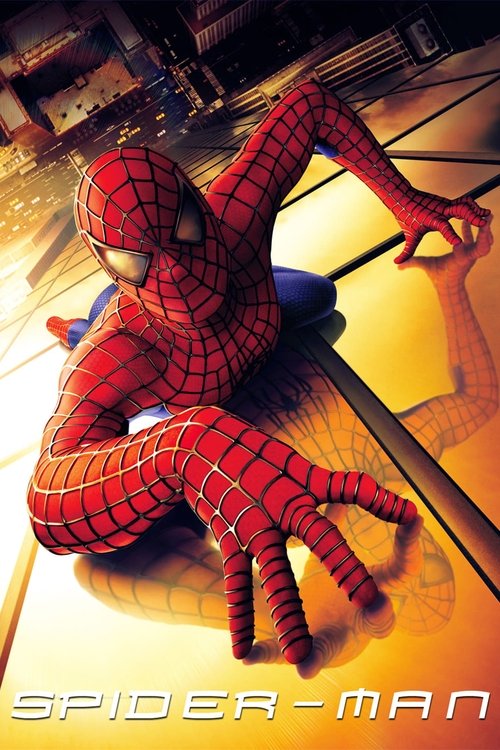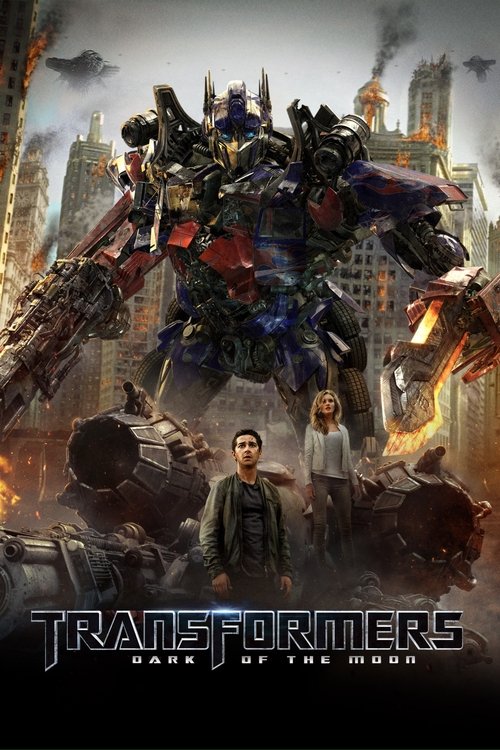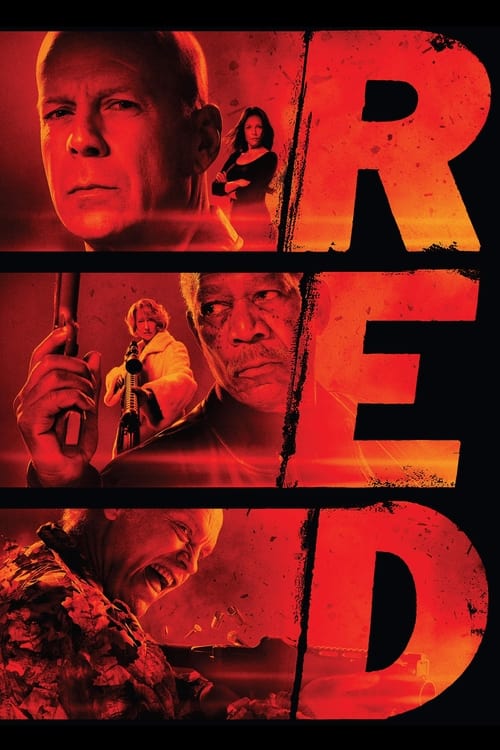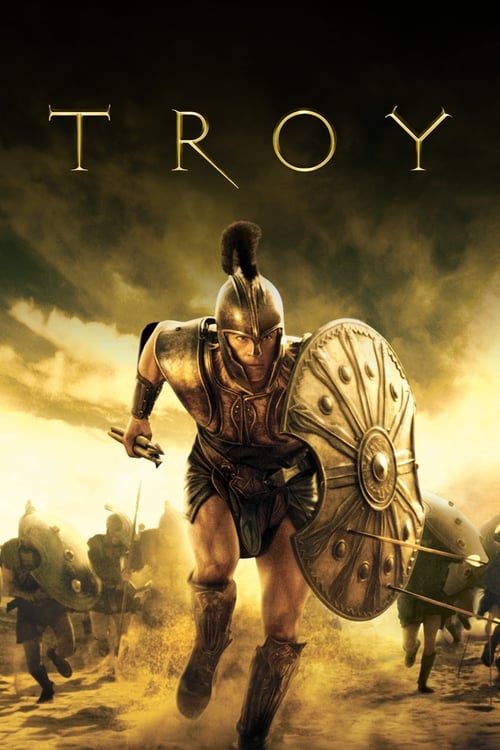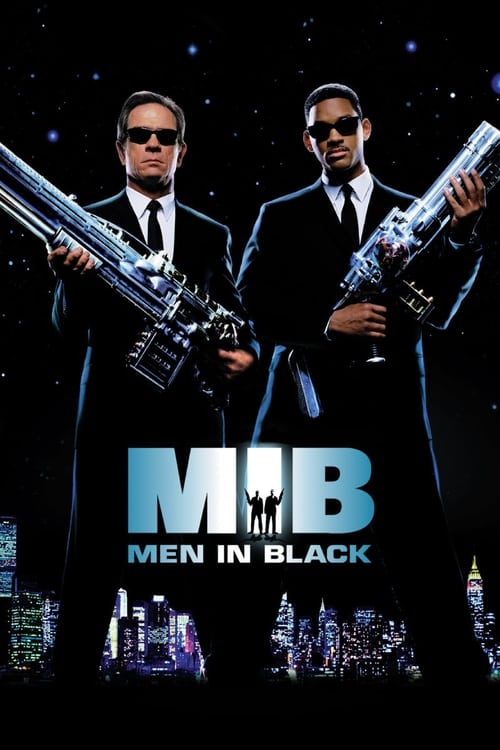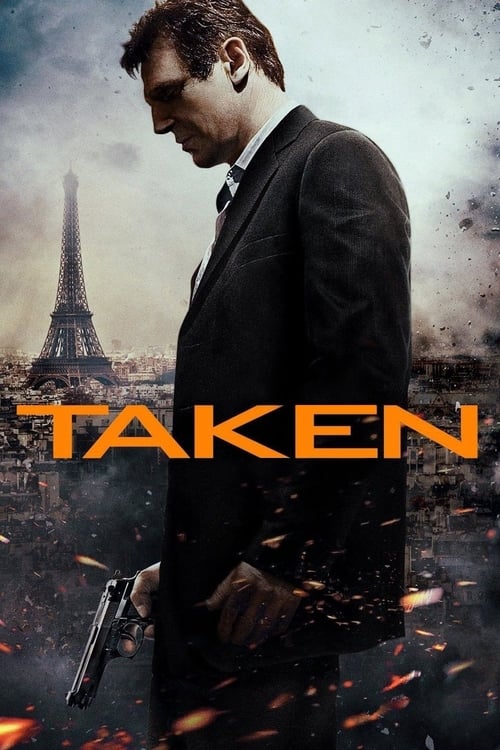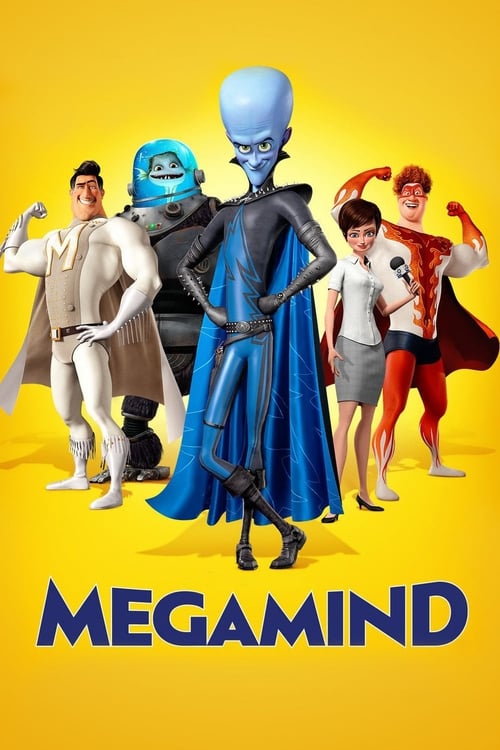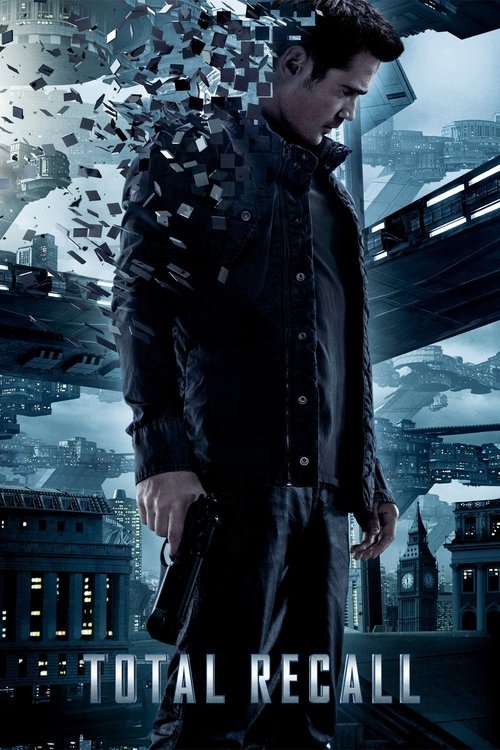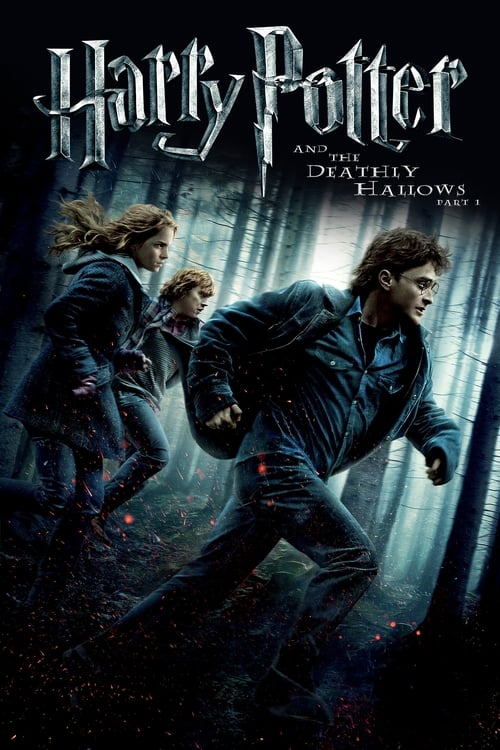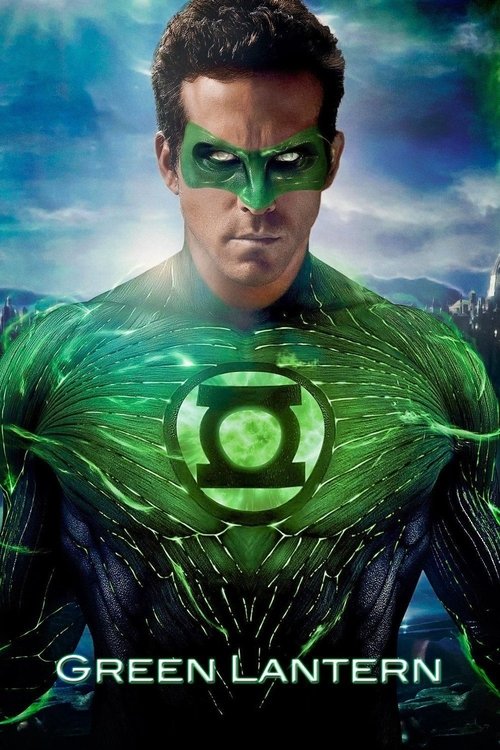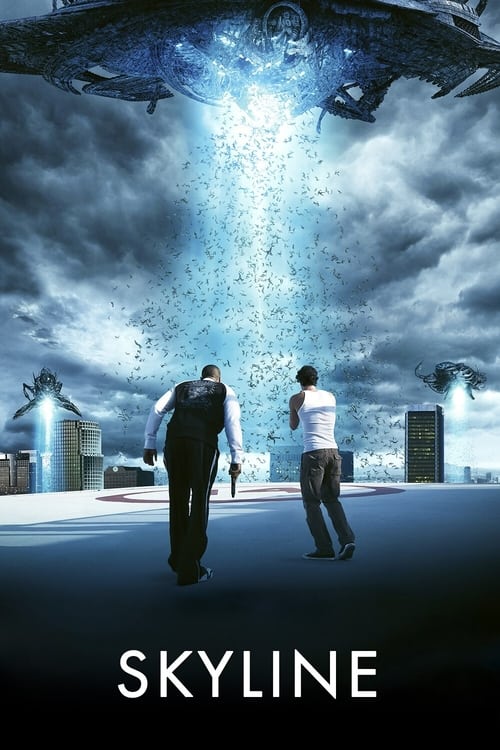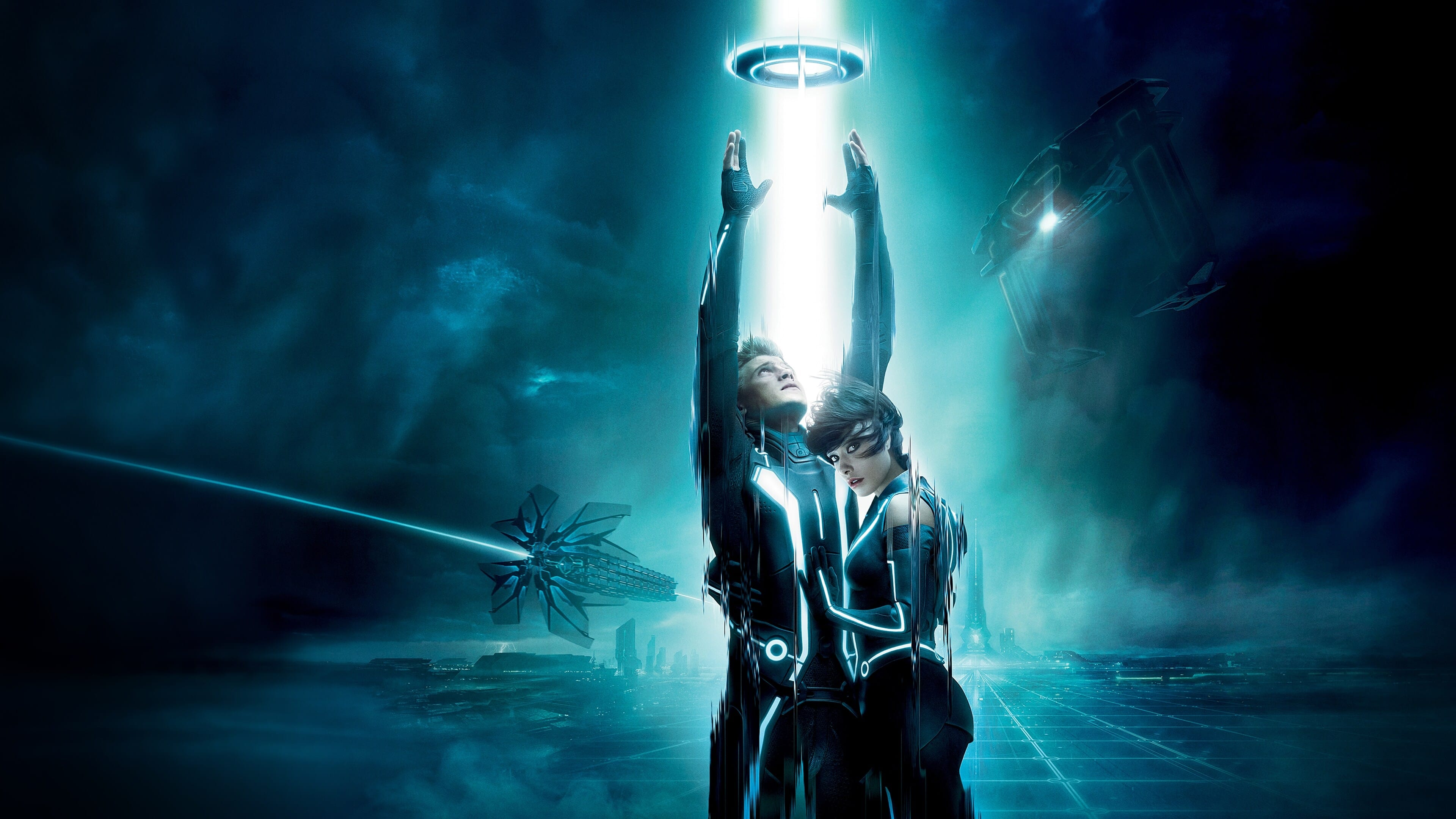
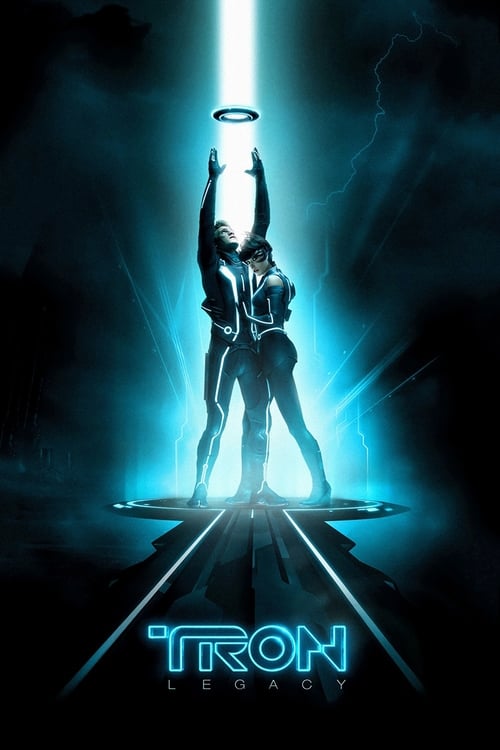
2010
·126m
TRON: Legacy
Summary
Sam Flynn, the tech-savvy and daring son of Kevin Flynn, investigates his father's disappearance and is pulled into The Grid. With the help of a mysterious program named Quorra, Sam quests to stop evil dictator Clu from crossing into the real world.
Director
Joseph Kosinski
Characters
Steven Lisberger
Characters
Bonnie MacBird
Screenplay
Brian Klugman
Screenplay
Lee Sternthal
Screenplay, Story
Edward Kitsis
Screenplay, Story
Adam Horowitz
Reviews
FarSky
July 21, 2013
Where do you start with Tron: Legacy? It’s a sequel to a minor cult hit that arrived in theaters 28 years ago, a film more renown for its (at the time) state-of-the-art design than its coherent story or classic characters, rekindled now not as a reboot or remake, but as a direct sequel to that long-ago work.
Tron's esteem may have grown in the intervening years (much the same fate as another maligned-at-the-time science fiction film, Blade Runner), but time has been mostly unkind to it; Disney attempted to stage a run of pre-LEGACY screenings of the original film, but modern audiences greeted its dated appeal as unintentionally hilarious. Frightened by the impact this might have had on their $170 million spectacle, they pulled plans for a theatrical release, and whisked the recent 25th anniversary DVD off of store shelves. And so, bereft of a childhood that contained Tron, I went into the sequel with naught but a Wikipedia plot breakdown (which was, to be honest, frustratingly informative) to fill in what turned out to be largely irrelevant narrative gaps. I say that to say that I am reviewing Legacy solely for Legacy's sake, untainted by nostalgia or high expectations.
More than two decades after the events of the first film (which, for the uninitiated, involve a computer programmer [Jeff Bridges, reprising his role] being zapped from the physical world into the computer world he created and fighting an oppressive digital tyrant within), we’re introduced to that computer programmer’s twenty-something kid, heir to his father’s tech empire and not terribly happy about it. It seems he’s still hung up on his father’s mysterious disappearance long ago, and a mysterious message leads to him discovering Dear Old Dad’s secret underground lab, where he’s accidentally zapped into the digital world as well. I’m afraid I’m not spoiling anything to go ahead and say that within he finds his trapped father, and they must fight their way back out. To give more plot details would be unfair and pointless. Suffice to say that once within the digital realm, it becomes action beat after action beat wherein our young hero rescues dad and his requisite romantic interest until the film ends.
Oh sure, there are good guys, and there are bad guys, and there’s a token stab at depth, but what does it matter? That digital world looks really cool, right? And that’s why we go. The sad truth of the matter, however, is that what looks awesome in a two-minute trailer begins to wear on the eyes when presented long-form. “The Grid” exists in three colors: neon blue, neon orange, and black. Well, two colors and an absence of color, I suppose. As nifty as this may seem, two-plus hours of this (particularly at the reduced light offered by 3D projection) robs it of interest, and the whole thing becomes a dull slog. 3D works by enhancing depth, but little to no depth is present when the film is lit and shot in such a stylized manner. To boot, only the bad guys are orange. And as our audience proxy characters are good, we’re robbed even of the contrasting orange to break up the monotony.
There are some neat sequences, of course: the initial lightcycle battle, a digital dogfight later on, etc. Garret Hedlund and Oliva Wilde are perfectly fine in their frankly bland roles, and Jeff Bridges squeezes what depth he can into his dual characters (actual Kevin Flynn and his twenty-years-younger digital duplicate, thanks to some unnerving but nifty visual trickery). The film is far from the unwatchable dreck of, say, The Chronicles of Narnia: Voyage of the Dawn Treader. It’s just...not very interesting. Techno group Daft Punk’s score was easily the best part of the film, and something I’d actually recommend picking up with no hesitations. At its best, the Daft Punk score and stylized imagery (early in the film, before it wears you down) do provide a unique and imaginative experience. It’s just one fit for the length of a music video, not a feature film.
But let’s not kid ourselves: Tron: Legacy is a flashy, ridiculous spectacle that exists solely to put pretty pictures onscreen for two hours and drive a $4+ 3D surcharge. And I say that with no judgment. Some films simply are what they are, and you’ve no more right to expect a dog to meow than to glean from them deep meditations on the human condition. The history of cinema is full of this kind of shallow but aloofly entertaining distraction. But is it wrong to want more of these kinds of films? Take Star Wars, for instance: its strength lies mainly in its revolutionary aesthetic and special effects, but it’s the characters that we remember from the film, not just how cool some set-piece looked. And Lucas isn’t even a terribly good writer; the strength of his characters came from that universal pull all great archetypes have, that ability for audience identification and empathy. Will the name Sam Flynn have the same kind of longevity? What about...uh, Oliva Wilde’s character? Apparently not, at least for me. (Note: IMDb says it’s “Quorra.”) If nostalgia for the first film is strong for you, or you’ve no qualms about paying $14+ for a mildly-distracting if uninvolving experience, go for it. Everyone else may as well save themselves the money. Maybe catch it on Blu-ray.
I should note, though, that I can honestly say 3D added nothing to the experience, so if you want to be able to actually see in The Grid, save yourself the money and hop into a 2D seat.




